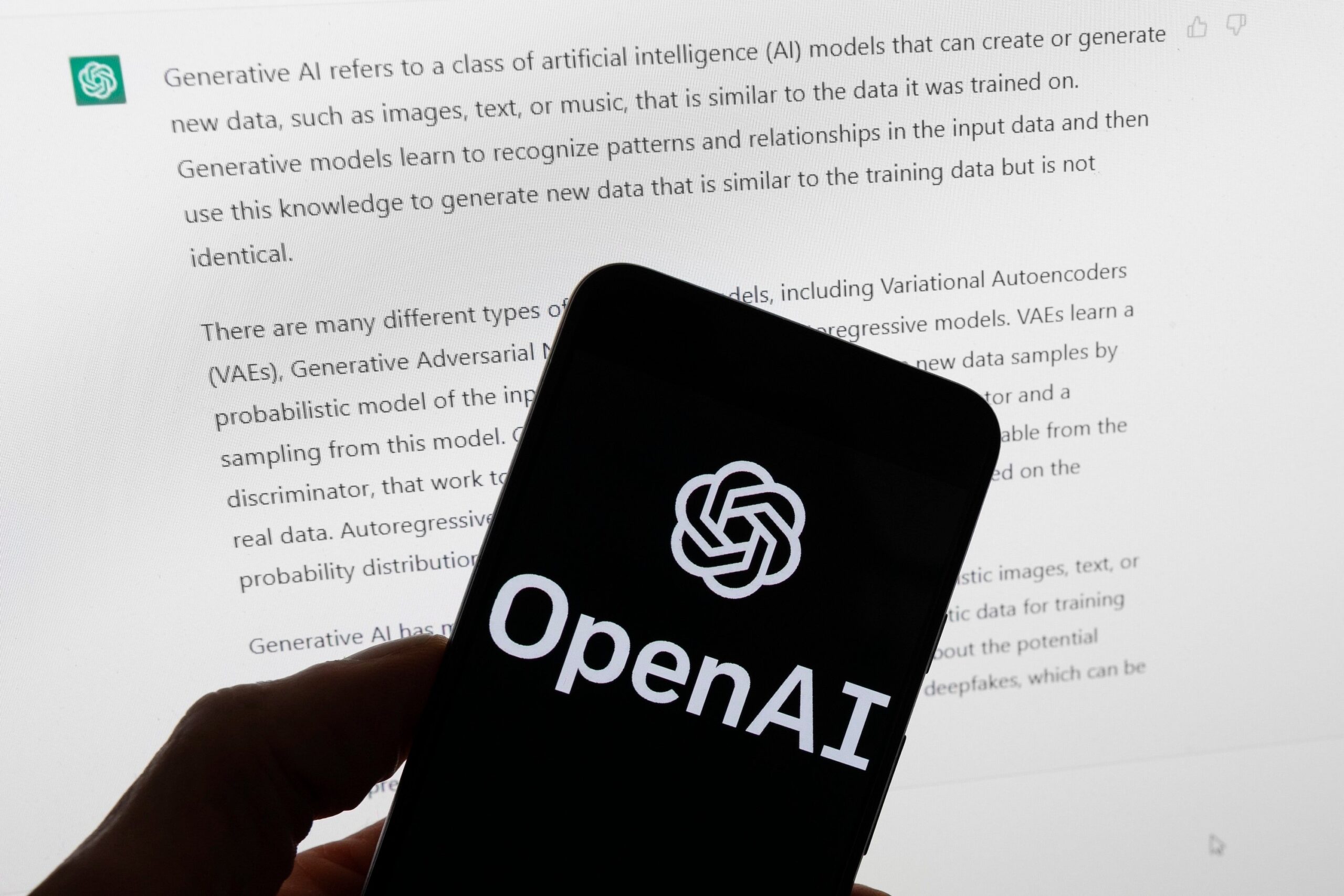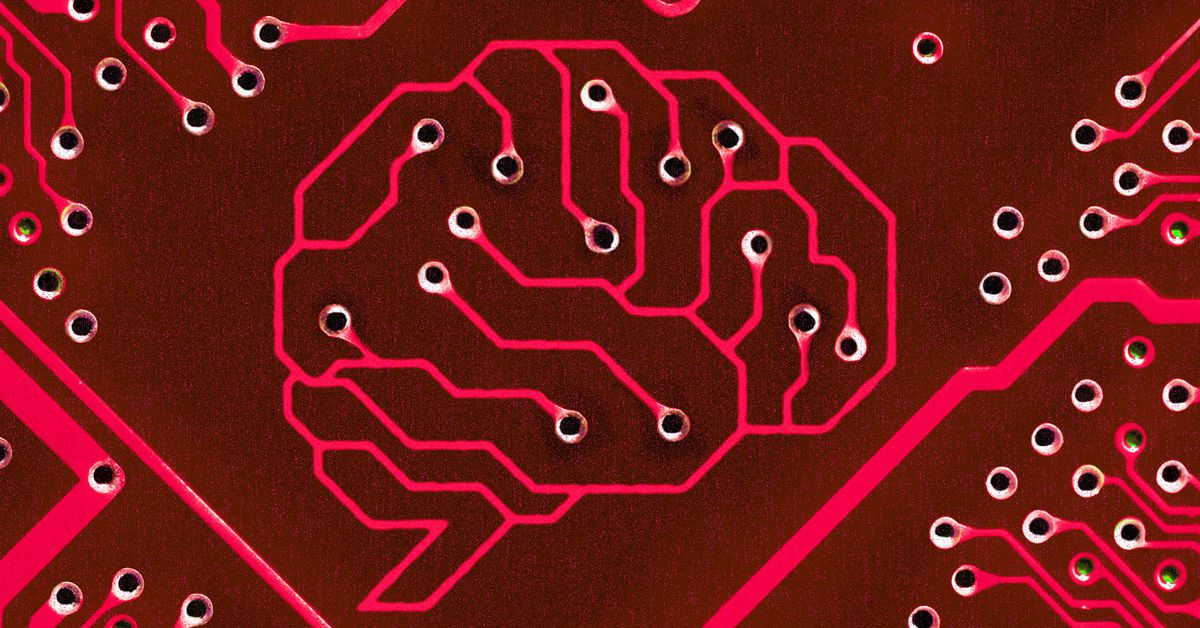Elon Musk alleges that OpenAI’s shift towards closed-source development under Microsoft’s umbrella signifies a departure from its original mission of advancing artificial general intelligence for the greater good. In a lawsuit filed in San Francisco Superior Court, Musk accuses OpenAI, along with its president Gregory Brockman and CEO Sam Altman, of violating their founding principles by prioritizing profits over the public interest.
The lawsuit, lodged on Thursday evening, asserts claims of breach of contract, breach of fiduciary duty, and unfair business practices against OpenAI. Musk seeks to compel the company to return to its roots as an open-source entity. He also requests an injunction to prevent OpenAI, Altman, Brockman, and Microsoft from capitalizing on the advancements in artificial general intelligence for commercial gain.
Musk highlights OpenAI’s latest creation, the GPT-4, as a pivotal example of this shift towards closed models for financial reasons rather than societal benefit. He argues that the collaboration with Microsoft has led to a lack of transparency, with the intricate workings of GPT-4 being shielded from the public eye to facilitate profitable exclusivity.
Furthermore, Musk criticizes the restructuring of OpenAI’s leadership, particularly the dismissal and subsequent reinstatement of Altman as CEO in 2023. He suggests that this move paved the way for Microsoft’s increased influence within the organization, steering it away from its original altruistic objectives towards a profit-oriented trajectory.
The conflict between Altman and the board, fueled by diverging views on the future of AGI technology, has raised concerns about the potential risks to public safety. Musk, a former board member of OpenAI, underscores the pivotal role of GPT-4 in this dispute, emphasizing the need for ethical considerations and transparent governance in the development of advanced AI systems.
While Microsoft is not a direct defendant in the lawsuit, Musk implies that its vested interests in maintaining control over OpenAI’s technological advancements could hinder the progress towards truly beneficial AGI. He warns that the current trajectory may prioritize proprietary interests over societal welfare, a stark departure from OpenAI’s original ethos.
As the legal proceedings unfold, the implications of this dispute extend beyond contractual obligations, touching upon fundamental questions of ethics, governance, and the responsible advancement of artificial intelligence technologies.










